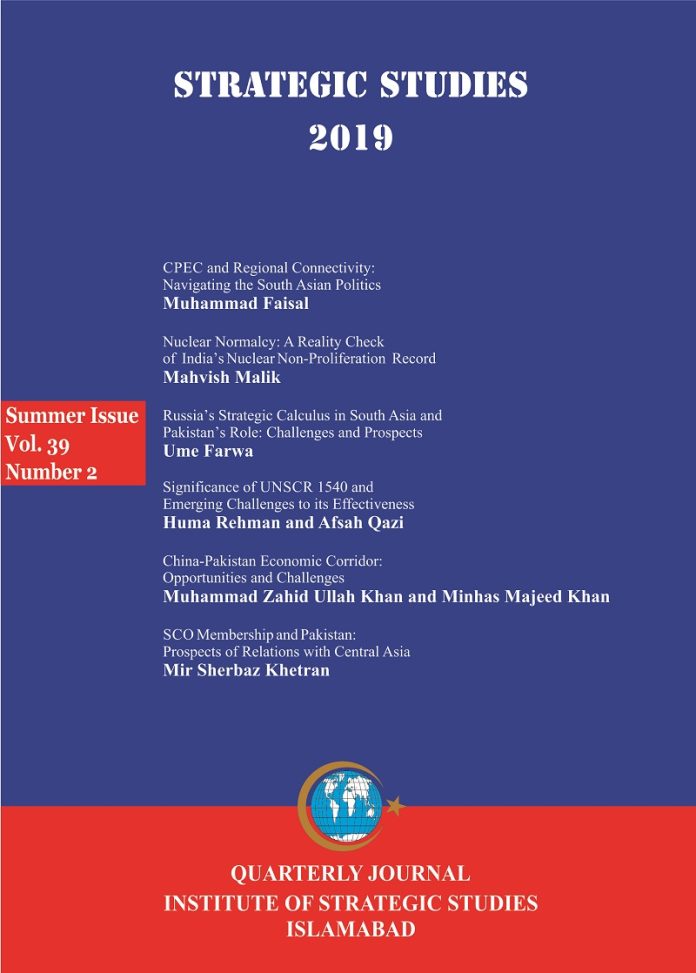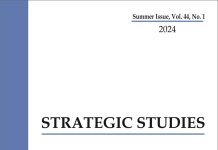Going through the book, the first thought that struck a reader’s mind was Husain Haqqani’s desperate attempt to justify the label “leading dissident public intellectual” displayed so pompously on the jacket cover of the book. To validate his credentials, he sets the tone in the very introduction with his emphasis of Pakistan’s image around the world as “dangerous, unstable, terrorist incubator, fragile and land of the intolerant” where individuals “pay the price of their leaders’ magnificent mistakes,” (p. ix). Exonerating the general public of the ills haunting the nation since its inception, he squarely blames leaders and civil-military elite for the predicament Pakistan finds itself in. The author primarily chooses few themes and tries to build his argument by highlighting contradictions inherent within each. They evolve around Pakistan’s negative international image abroad, persistence and propagation of its ideology since inception, role of Islam and Islamist narrative in the Pakistani society and the institution of army, its dominance and perpetual control of politico-military narrative and activities. What is startling is how the author plays down all other factors apart from military instead of bridging the gap between prevalent pessimistic perception abroad and reality on ground.
Home ISSI Publications ISSI Publications Articles Reimaging Pakistan: Transforming a Dysfunctional Nuclear State. Husain Haqqani. India: Harper Collins,...













